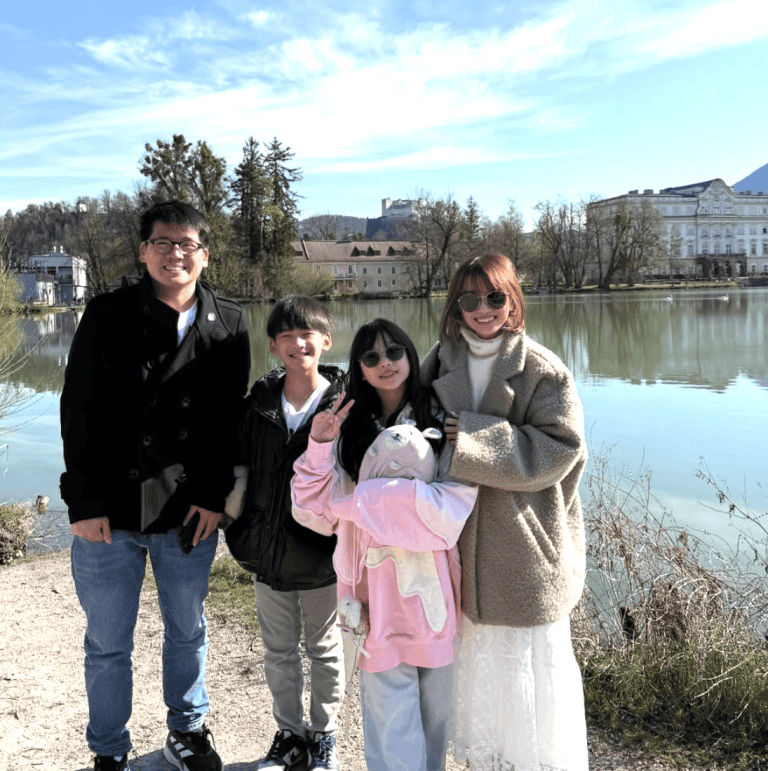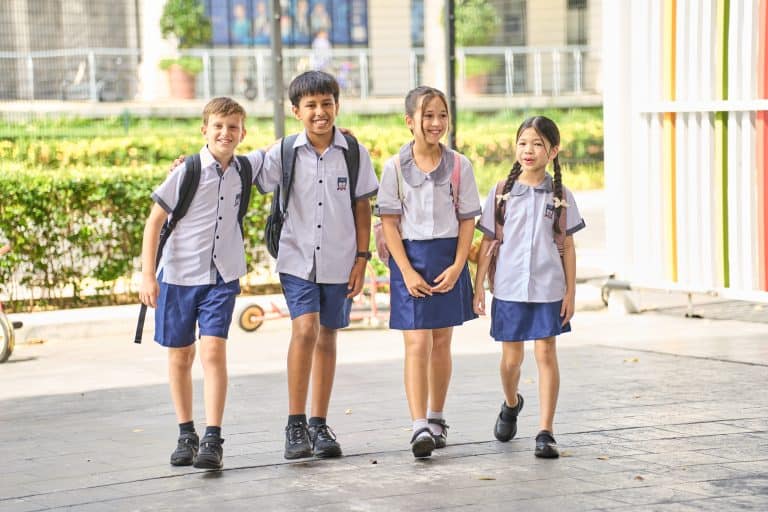In this article:
- Learn to spot when a child’s cough needs medical attention.
- Understand why home remedies shouldn’t replace proper treatment.
- Know how to prevent and manage chronic respiratory issues early.
Still dealing with your child’s lingering cough long after a cold? You’re not alone, let’s dig deeper.

We spoke with Dr Su Siew Choo, Consultant Paediatric Respiratory Physician at Pantai Hospital Kuala Lumpur (PHKL), to break down the causes, clarify the confusion, and offer some straight-up advice to help parents navigate those pesky coughs that just won’t quit.
“Wheezing isn’t just noise, it’s a message. If your child frequently coughs, wheezes, or struggles to keep up with play, don’t ignore it. Early intervention saves lives and improves outcomes.”
Why Are So Many Kids Coughing These Days?
Turns out, post-pandemic life has stirred up a bit of a viral storm.

“After the re-opening of daycares, nurseries and schools in the post-pandemic era, there was a rebound increase in social interactions among families and friends. This led to year-round viral infections instead of the usual peaks, and a surge in viral respiratory infections with recurrent coughs and the common cold.”
According to Dr Su, children were being exposed to multiple respiratory viruses such as RSV, rhinovirus, parainfluenza and influenza which ended up causing a “continuous” symptom where one infection barely settled before the next began.
So What’s Causing These Long-Lasting Coughs?
While most coughs in children are caused by viruses, Dr. Su says there are a few common culprits behind those persistent ones:

- Post-viral airway hyperreactivity: After infections with viruses such as RSV, rhinovirus or even SARS-CoV-2, some kids’ airways stay sensitive and reactive, leading to a lingering cough.
- Asthma or asthma-like symptoms: These can be triggered or “unmasked” by post-pandemic viral infections.
- Protracted bacterial bronchitis (PBB): This is a wet cough that lasts longer than four weeks and is usually caused by lingering bacterial like Streptococcus Pneumoniae, Haemophilus Influenza or Moraxella Catarrhalis. “It often responds well to a prolonged course of antibiotics,” she explains.
- Pulmonary Tuberculosis: “Never forget to rule out pulmonary tuberculosis in any child with persistent cough as PTB is still endemic in our country,” Dr. Su adds.
Cough Type 101: Is It a Cold, Allergy, or Asthma?
Parents often ask if they can figure out what kind of cough their child has just by listening. In Dr Su’s experience, there are a few clues:
- Colds come with the usual sneezing, nasal congestion, sore throat, and mild cough—no wheezing or chest tightness.
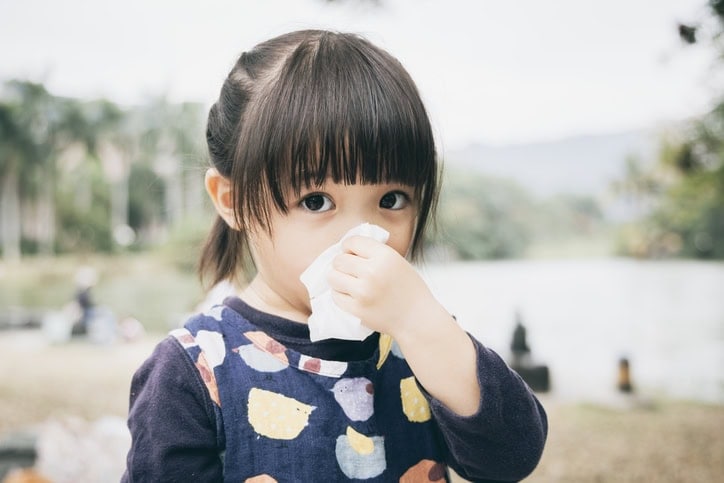
- Allergies usually show up with a runny nose, itchy or watery eyes, and sneezing. If there’s a cough, it’s often due to post-nasal drip with no chest tightness or wheezing.
- Asthma has two phases:
1. An asthma attack (unwell) includes wheezing, a persistent or wet cough, shortness of breath, chest tightness, and/or difficulty breathing which gets worse with physical activities, allergens or viral infections.
2. An asthmatic cough in between attacks (well) usually occurs at night, is dry in nature and is an indicator to poorly controlled asthma alongside a laborious cough.
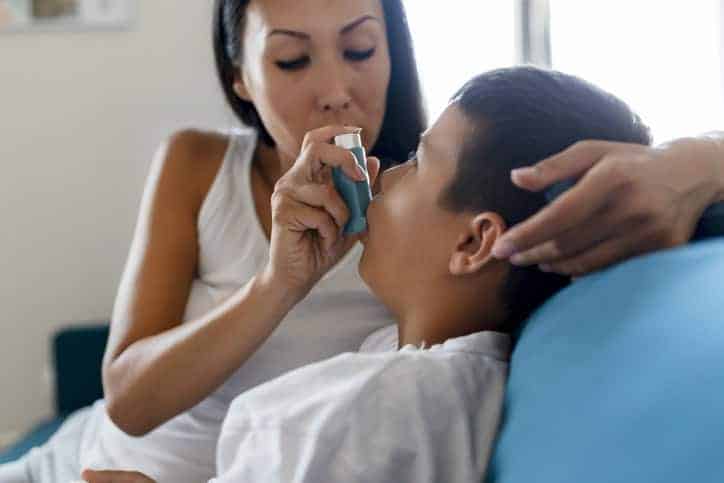
When Should We Seek Medical Attention?
According to Dr Su, while viral coughs can linger for up to 4 weeks, any cough (especially wet coughs) that persists beyond 4 weeks should be taken seriously and would warrant further evaluation.
Other important factors that would warrant an immediate consult with a doctor include any symptoms of breathlessness, increased work of breathing, noisy breathing (like wheezing or stridor), persistent fever, poor oral intake or lethargy.
Why Respiratory Medicine Isn’t Just About Treating the Cough
Dr Su is clear: Respiratory medicine aims not just to relieve symptoms like coughing or breathlessness but to identify and treat the root cause (the underlying disease or trigger), so that long-term control or resolution is possible. “We ask, ‘Why is this child coughing?’” she says.
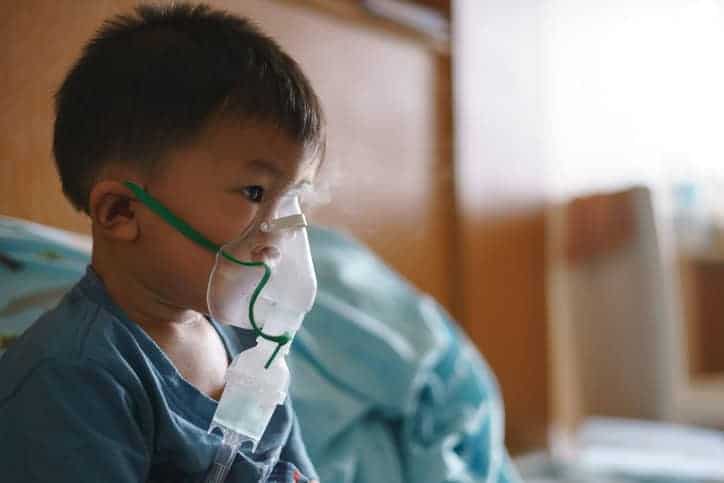
“We use specialised tools where appropriate such as lung function tests which is crucial for asthma, allergy testing, FeNO testing that measures airway inflammation, imaging such as chest x-ray or CT scan to detect structural problems or lung abnormalities, and bronchoscopy that allows direct visualisation of the airways to find anatomical issues or foreign body.”
She adds that once a diagnosis is made, there will be a condition-specific management plan so families know exactly what to do if symptoms flare up.
Watch Out for the Lesser-Known Viruses Too
Besides the usual suspects like RSV and influenza, newer viruses such as Human Metapneumovirus and Human Bocavirus are causing coughs too.
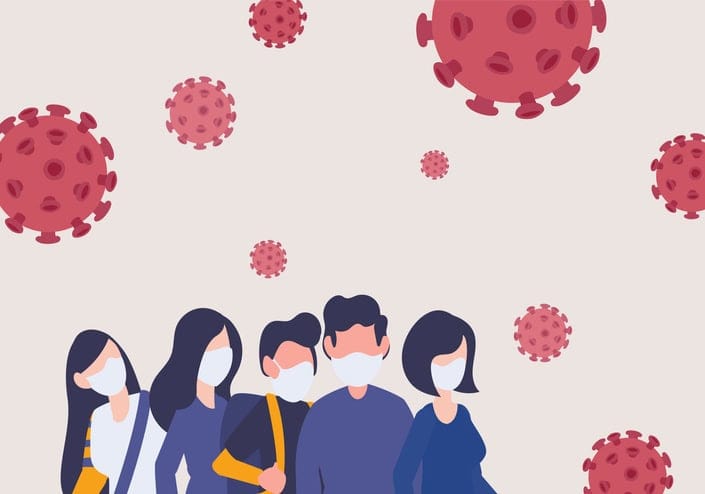
“In severe cases, emerging or lesser-known respiratory viruses may lead to bronchitis or pneumonia, particularly in infants, elderly and the immunocompromised. Human Rhinovirus (HRV) is one of the most common causes of respiratory illness in children, and although it’s often associated with the common cold, it can also lead to more serious complications, especially in children with underlying conditions like asthma,” shares Dr Su.
So What Can Parents Do?
Here’s Dr Su’s go-to advice:
Keep it clean: Air quality matters. Avoid second-hand smoke, fix any leaks at home which can lead to mold issues, limit the use of incense and aerosol sprays, reduce dust and dander, reduce outdoor play during the haze and use air purifiers if needed.
Stay on top of asthma care: Be consistent in use of prescribed controller medications, avoid triggers and have regular follow ups with a health care provider. Ensure a prescribed asthma plan is being followed and all inhalers and medications are current and used correctly. Rescue medications should be readily available. Also keep the school informed, and provide a copy of the child’s action plan with emergency medication if needed.
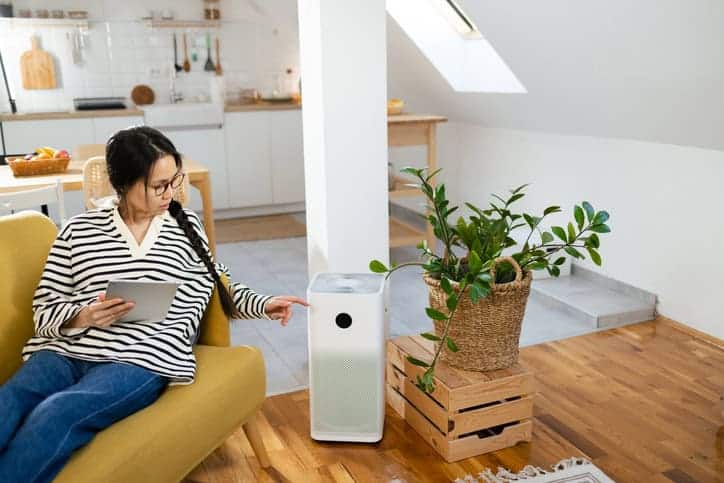
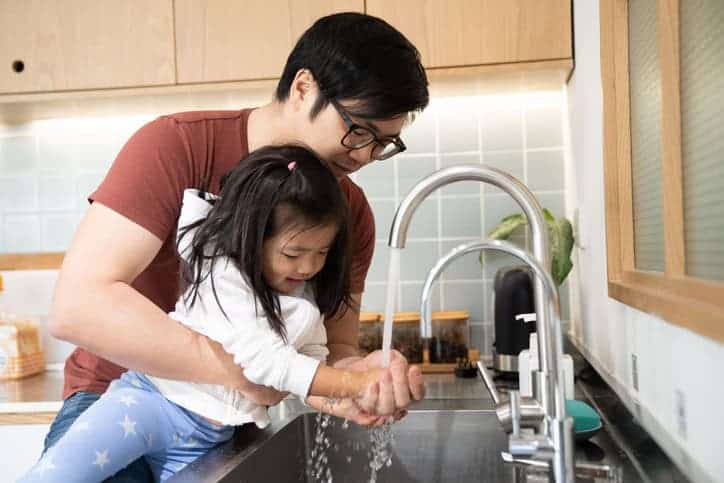
Hygiene matters: Encourage hand washing, coughing/sneezing into elbows, and keeping fingers away from faces, using hand sanitizers when soap is not available, using a humidifier if indoor air is too dry—especially during flu season.
Get vaccinated: Stay up to date with vaccinations, including flu shots and newer maternal RSV vaccines or monoclonal antibody protection for babies.
“Vaccines don’t just protect children—they protect futures,” says Dr Su.
Things to Note: Why You Shouldn’t Rely on Home Remedies
Dr Su recalls a 6 year old patient who was repeatedly wheezing. Instead of using prescribed inhalers, the child was treated with herbal medicine and alternative percussion therapy.
“By the time the child was presented to the hospital, he was in severe respiratory distress and required assisted ventilation and intravenous bronchodilators, as well as the use of appropriate rescue relievers according to his personalised asthma action plan.”

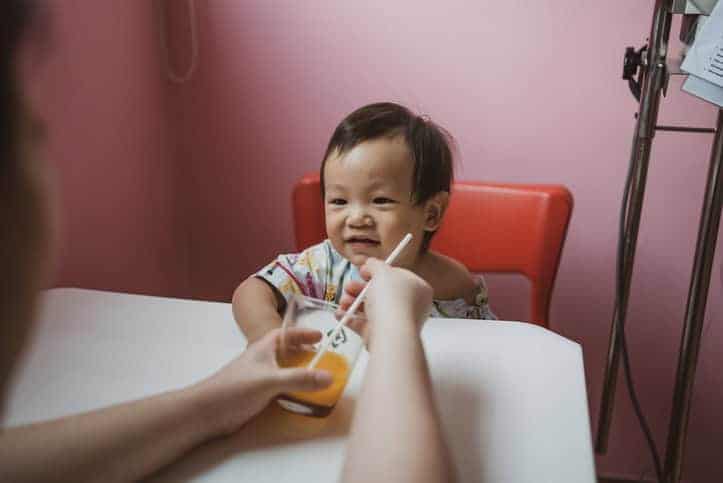
Dr Su cautions that the risks of home treatments include:
- Causing a delay in diagnosis
- A delay in proper treatment
- Unregulated herbal ingredients may contain steroids, heavy metals or undisclosed pharmaceuticals
- A risk of liver damage, kidney toxicity, drug interactions, allergic reactios or anaphylaxis
Bottom Line: Don’t Ignore That Nagging Cough
Dr Su sums it up perfectly: “Breathing easy starts at home. A healthy home is the first step toward healthy lungs. Minimise exposure to tobacco smoke, dust, mold, and indoor pollutants. Clean air is just as important as clean water. Prevention is powerful.”

So, if you’re still hearing your child cough day after day, don’t chalk it up to “just a cold.” It might be time for a closer look and with the right care, their cough might finally get the message to go away.
This is a sponsored post by Pantai Hospital Kuala Lumpur (PHKL).
Dr Su Siew Choo serves in Pantai Hospital Kuala Lumpur as a Consultant Paediatric Respiratory Physician. With extensive experience in paediatric respiratory and sleep medicine, Dr Su is dedicated to improving respiratory care for children. She obtained her MRCPCH (UK) in 2009 and completed her paediatric respiratory subspecialty training from Malaysia and Australia in 2014.
PHKL is a trusted destination for mothers and children, where you can expect expert care for every stage of motherhood and childhood. From pregnancy to postpartum and beyond, they ensure a safe, supportive, and family-friendly healthcare experience.
To find out more about their leading comprehensive paediatric services, book an appointment at +603 2296 0888. Follow PHKL on Instagram, Facebook and Tik Tok.



